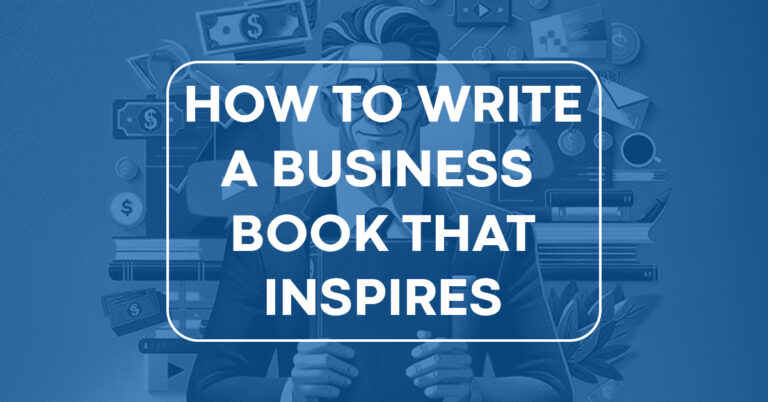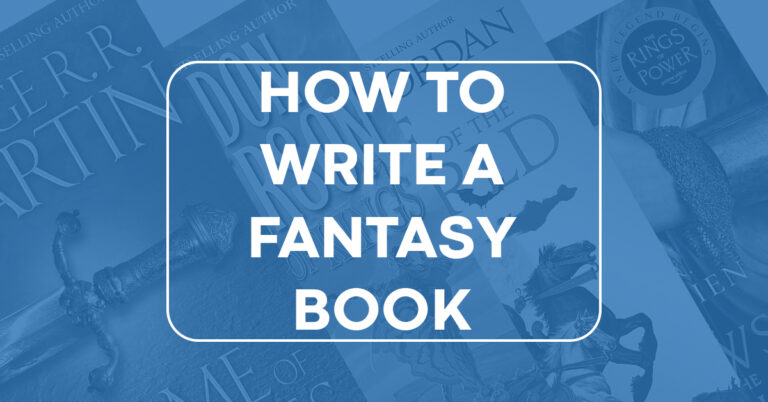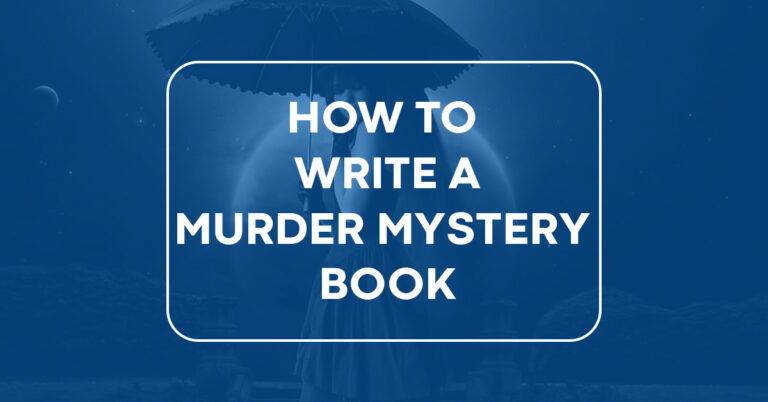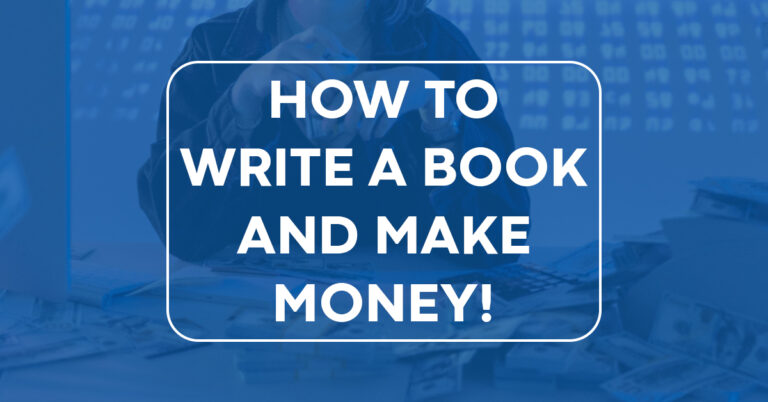It is not just luck that brings about writing a bestselling work. It involves a lot of strategies and creativity. Although there is no perfect recipe that may bring about a bestseller, there are tips that authors who have become successful are able to utilize to maximize the chances of coming up with a book that people wish to read and do read. The same approach can be taken by writers whether it is for fiction or nonfiction. Now let’s look at the important considerations that you would need to make if you were aiming for creating a book that would in all tendencies become a bestseller.
Start with a Strong Idea
Coming up with an interesting and intriguing book can only be taken to be true when it is presented before an idea. Bestselling books nowadays will always serve to start from acquiring an idea that meets the needs of the potential reader, presents an idea or exhibits a solution of some kind. What is imperative is sourcing an idea that is unique but still applicable to so many people.
Finding Your Niche
For any written work, specifically non-fiction, a book should cover a subject which has not yet been tackled or which can present a different outlook on a subject. Fiction is all about emotions and feelings; it’s all about the idea and what it promises to the reader from the very first page. Some of the latest trends where the bestsellers come from do offer some angles that may be missing in your idea.
Ask Yourself the Right Questions:
- Who am I going to help with my work?
- What problem does my book solve (non-fiction)?
- What kind of emotional experience do I want to take readers on (fiction)?
- In what category does my idea belong and how is it different from other books in that category?
Research Your Market
Knowing the market is essential in coming up with a hit. Successful authors know what their readers expect and they try to meet these expectations even if that means hopping from one idea to another.
Analyze Similar Books
Read how successful authors approach writing the books in your genre or category. Finger count all current bestsellers, analyze them, read reviews, look at the positive parts and the negative elements as well. What makes these books successful and appealing to the readers? What can readers supplement in your book which is still absent today?
Identify Your Target Audience
Before diving into the book and dropping all their ideas on the paper, get clear on the definition of the ideal reader. Successful books make an impact because they have a clear target audience who is hooked on the interests, emotions, and needs of those within the audience. Make a reader persona based on:
- Age range
- Sex
- What is their hobby
- What issues or what do they want to change (non-fiction)
Knowing the audience allows you to know what to twist the concept of your book to fit better within the audience.
Develop a Solid Structure
No matter the genre – be it fiction or nonfiction – your book structure matters and will sustain the reader’s attention. Most popular books have some well-defined structure as well as core ideas which facilitate the story.
Structuring Fiction
Within fiction, it is always necessary to properly structure the plot. When it comes to bestselling novels, there is always a format that most of them follow including:
- Exposition: Explain the characters and the environment.
- Trigger Event: An event occurs which should not have happened.
- Progress: Movement up to building apprehension, as there is more tension.
- Climax: The point of no return as the main character confronts the biggest obstacles.
- Dénouement: The point that comes on after the climax towards the end.
- Resolution: All matters are resolved, and relief to the character is brought in.
Once you have a clear picture of the direction your story strives for, it takes care of the rhythm that draws in the reader’s attention.
Structuring Non-Fiction
As for non-fiction, it is a clear hierarchy. Your book should consist of obvious parts or chapters which incrementally develop and build one over the other. Writers often follow such a common order in non-fiction books:
- Introduction: State the issue a solution or insight would address.
- Chapters: Any chapter happens sequentially supporting the ideas by discussing a chronological order of the subject.
- Conclusion: Outline the main points and engage the audience with a last note.
Creating a template before handing over the writing will prevent you from generating any confusion and more importantly guarantee you that your information is going to be delivered as expected.
Create Compelling Characters or Arguments
Wonderful books both fiction or nonfiction, are fueled by exciting characters or strong logic. In every written work there exists a desire for the reader to feel attached in one way or the other be it in the form of characters or concepts.
Crafting Memorable Characters (Fiction)
Characters are the most essential elements of any narrative framework. For your novel to sell and the number of copies sold to be very high, the emotional connection between the audience and the characters must be built. To build your characters:
- Convincing Goals: What do they look for in a slumber party and why is that so important?
- Advantages & Disadvantages: Having challenges is critical to character growth and development which makes them perfect and therefore dull. Humans have to have weaknesses.
- Main And Supporting Characters: No two of your characters would share the same voice, idiom or any speech pattern.
Presenting Strong Arguments (Non-Fiction)
In a premise, however, you cannot simply moan, you have to provide your ideas in a compelling, critical manner. Apply the following tools:
- Facts: Discussion topics that need to be substantiated.
- Examples: Practical experience drives home your concepts on how they work in reality.
- Personality: Confidence and conviction should be reflected in your writing.
Write with Your Reader in Mind
One of the most important aspects of writing a bestselling book is ensuring that the reader is kept-going throughout the book. The prose should be lucid, interesting, and coherent. Great ideas are nothing if they are not supported by good writing skills, the audience may dismiss such authors’ content.
Fiction: Keep the Reader Hooked
All of the texts that you have written require so many conflicts in order to hold the attention of the readers to the resolution. This is the summary of the conflicts that have occurred in each chapter. Provide the shocking detail, which is scary or funny or gross, sensory in nature, but don’t bombard the reader with disparaging information.
Non-Fiction: Make It Engaging and Useful
Explanation is important in non-fictions. Do not hesitate to cut the particular theme into smaller pieces and eliminate the use of jargons unless absolutely necessary. Be very clear that your content has to be all action oriented so that the readers feel that they are getting something or even all that they can and apply in their everyday life or work.
In non-fictions as well as fiction, the intention is to keep the readers hooked and wanting to read more till the last word of the book.
Edit, Revise, and Perfect
The first draft is just the tip of the iceberg of the life cycle of a book. This is because it is in the editing stage where best sellers are created. This is when all good ideas you have inscribed on paper are nurtured or concised without leaving anything that will be added unnecessarily outside of the book.
Steps for Effective Editing:
- Self-Edit First: All the boring processes of reading a manuscript need to be done by yourself; people’s work would be in theory cutting all the stupid errors of grammar, punctuation, and quite a few inconsistencies of stories and names.
- Seek Feedback: The best way to have constructive criticism is to give your book to beta readers or a writing group. Other people with different perspectives may be able to include elements which you have overlooked.
- Hire a Professional Editor: Whether possible or not, gain the services of an editor who can make your book sellable by enhancing its content.
- Proofread: Skim for any significant spelling, grammar, or format issues, rationalizing that some minor errors usually do not ruin credibility for the task. Especially when it is a matter of one or two typos.
Design an Eye-Catching Cover
Never judge a book by its cover? Up to a point. But one more point, no one will say that the cover of a book does not matter. It can make or break a sale for an unknown author. The cover of the book is often the first thing a potential reader will see, so it should be designed very professionally, fits the genre, and is appealing.
Tips for Designing a Strong Cover:
- Buy a Cover: If you’re not a professional in graphic design, buy a cover from someone who knows what they are doing.
- Research Your Genre: Check the bestsellers of your genres and analyze the kind of covers they have. The cover should give the right signals for the readers.
- Less is More: You do not need to put too many things on the cover. Simple, sturdy design is sometimes more appreciated.
Write a Compelling Book Description
Once you have completed the writing and editing of the book, you will definitely want a blurb that will attract your readers and hopefully become their purchase of the book. Writing the book description is like creating an attractive ad for the book, only in written form.
Marketing and Promotion
Crafting a perfect book is only part of the war. Creating a quality book and marketing it will guarantee that it reaches as many readers as possible and likely where it will achieve bestseller status.
Build an Author Platform
If you can gather followers before the publishing of your book—be it via social networks or a blog—it will even greatly broaden the chances of success after it is released. Connect with your readers, tease them with the stories that inspired you, and get them all excited about your book.
Use Paid Advertising
Authors have hired professionals to market their books and popularize them, even investing in Amazon ads, Facebook ads among other ads directed to their book pages. Use other tactics that you believe will improve the performance of your work in this genre.
Reach Out to Influencers and Reviewers
The book may benefit from exposure through book reviewers, bloggers, podcasters, or even others. Do not shun reviewing your book by sending the review copies to reviewers or sending emails calling for people to contribute to the publicity of your book.
By applying these secrets to writing a bestselling book, you can increase your chances of creating a compelling and successful manuscript.
FAQs
1. How long should a book be to become a bestseller?
There is no yardstick of measuring length of a bestseller so some deviate a lot from it. However, fiction books are generally required to contain between seventy to about 100 thousand words. An eventual conclusion promises a non-fiction book is where word range is easily between 50000 and 70000.
2. Do I need an agent to write a bestselling book?
An agent does not need to pen down the next best book in the market, however, such individuals may assist in promoting your book to conventional publishers. Self-published authors as well have managed to make into the lists of best sellers without requiring an agent.
3. Can self-published books become bestsellers?
Yes, there have been many self-published books that were best sellers especially after the introduction of Amazon KDP.
4. How important is marketing to writing a bestseller?
Marketing comes next and it is very vital. A book may be the best in terms of writing but if people do not know it is there, it will not sell. Marketing may be all that is needed to transform a book from an unnoticed copy to a best seller.
5. Do I need a unique idea to write a bestseller?
Originality helps, yes but more crucial is the idea and its execution. There are numerous bestsellers on the market but similar themes or ideas are served at a new angle and done more creatively.
To make a list of authors that have written the perfect best-selling book, dedication, research, strategy and a clear approach are essential. Addressing a market gap through strong ideas, thoughtful character development or argumentation and brilliant marketing will increase the possibility of writing a book that readers will want and that will do well in sales. You just need to practice more, and one day you will have such a book best selling book written by you in your hands.








One Comment